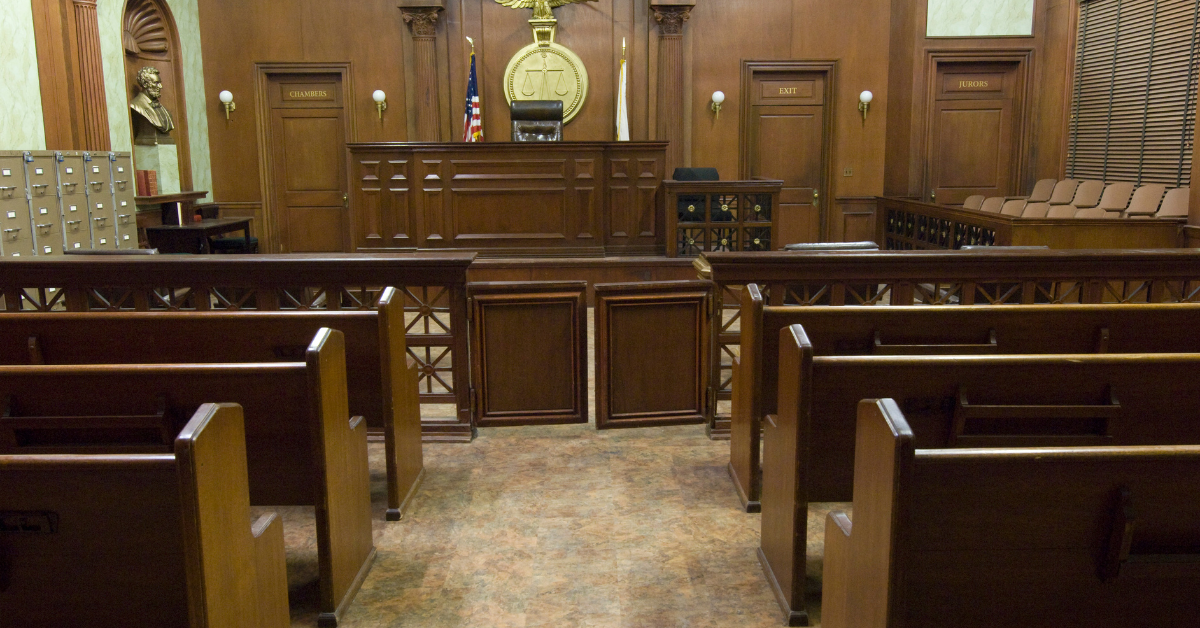
Generally, the more money and property a person has, the more risk they are taking by not having an estate plan, since their money and property could be distributed in a way they would never have intended or approved of. This is particularly dangerous when there are minor children involved, and adults in their lives start jockeying for position to become their guardian.
Anne Heche wasn’t married when she passed away so she had no spouse to shepherd her estate through probate, but she did leave behind two sons from two fathers: Homer Laffoon (twenty years old) and Atlas Tupper (thirteen years old). These boys are very young to deal with the complexities of probate, even though the process may be fairly simple in this case.
Because Heche died without a will—known as dying intestate—her estate must go through probate. In most states, probate records are public. This means that members of the public will be able to access personal information such as the type and extent of all of Anne Heche’s accounts and what is eventually distributed to her sons, which they may well consider a violation of privacy.
An immediate issue that will need to be addressed is that Atlas, a minor, needs representation during the probate process. Atlas will also need somebody to manage his share of the inherited estate until he becomes an adult (eighteen years old). Instead of letting the state choose a guardian ad litem and court-appointed guardian for her minor son, for example, Heche could have simply created a trust to manage his inheritance until he came of age which would have ensured the person assisting Atlas would have been hand-picked by Anne according to her own criteria.
She could have also personalized the trust by attaching conditions, making his inheritance dependent on certain life achievements, such as graduating college or getting a job. Without a trust, he is likely to take control of his own inheritance at age 18, when few children are ready to handle significant assets.
Anne was young, and undoubtedly thought she was “too young” to prepare an estate plan. No one is too young, The “worst” thing that will happen if you prepare an estate plan is that you will waste a few dollars because you stay healthy and hearty until you’re 100. Alternatively, the best thing that could happen is that your children will be protected. People don’t prepare estate plans for themselves – they prepare them to protect the people they love. Call us and we can talk about your options.